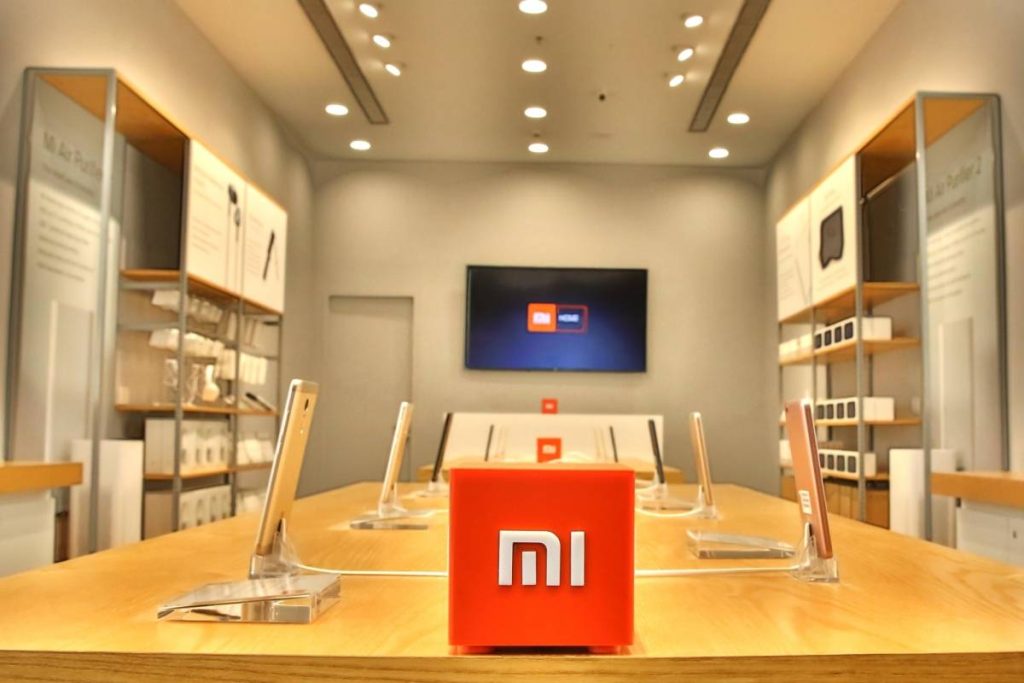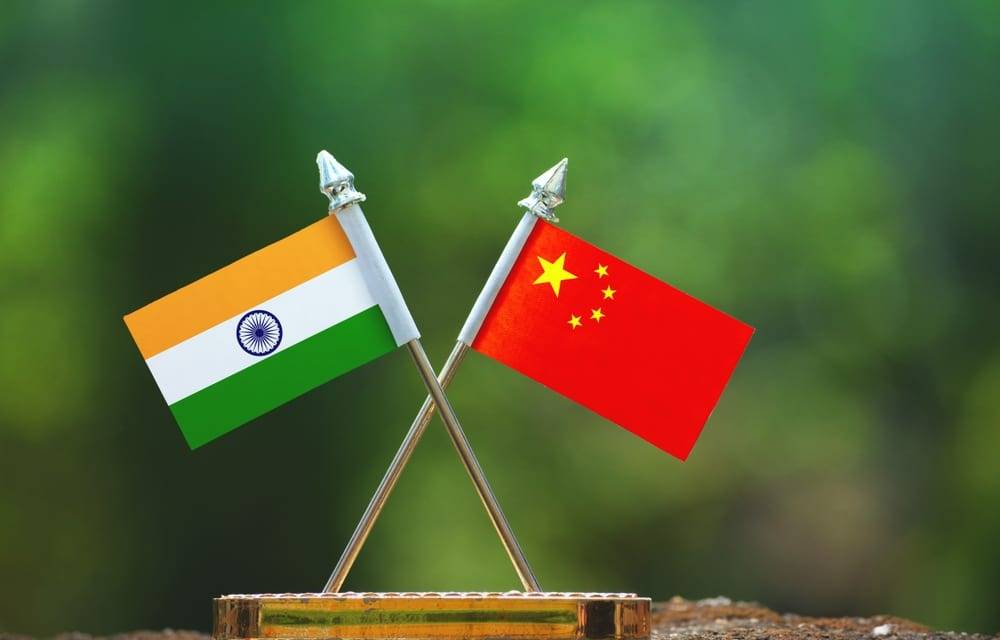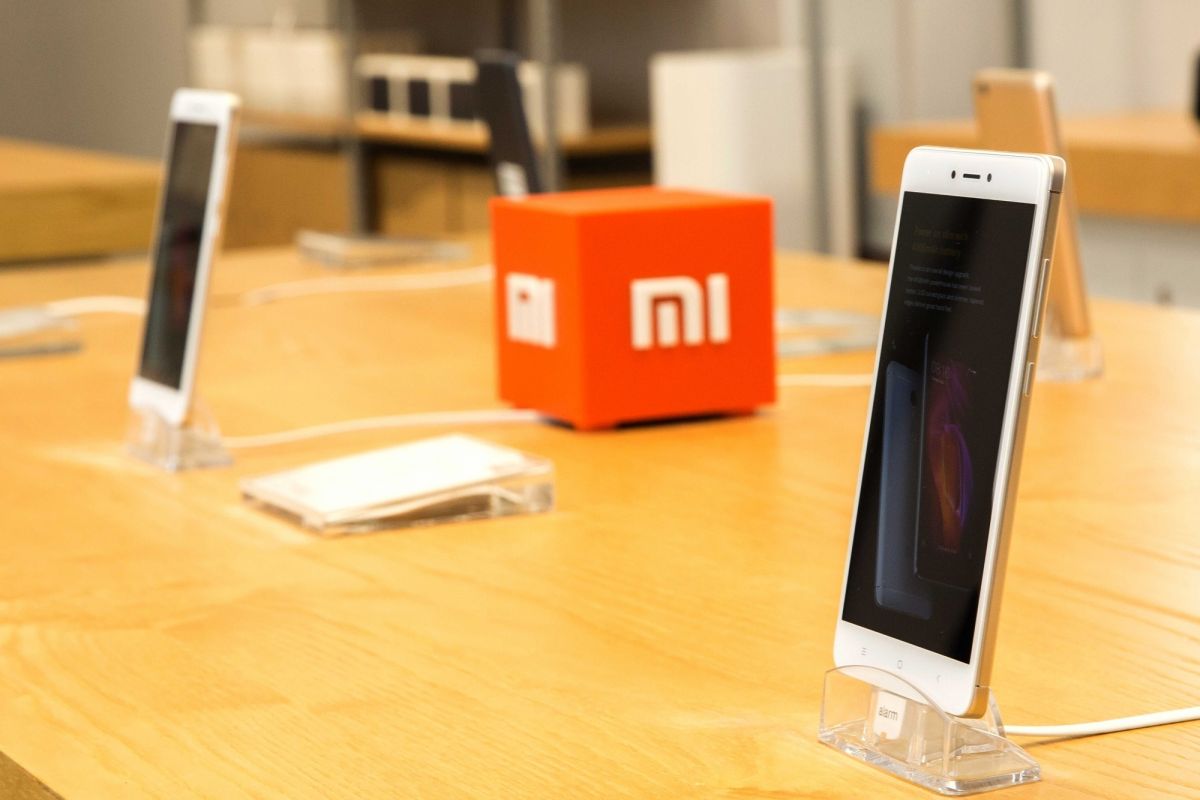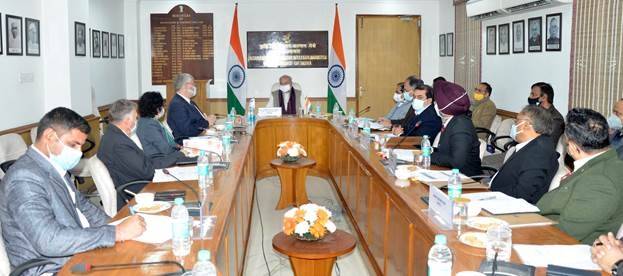Indian tax authorities launched a broad investigation into Chinese companies operating in India on tax and income issues in December last year, including Chinese mobile companies Oppo, Xiaomi and OnePlus….reports Asian Lite News
China has expressed concern over the business environment in India as Indian authorities conduct ‘irregular’ tax audits, Global Times reported.
China has urged India to provide a fair, transparent and non-discriminatory environment for Chinese enterprises.
Gao Feng, spokesperson for the Ministry of Commerce in China, made the comment during a routine press conference in Beijing on Thursday.
“China has contributed to Indian economic development, and created a large number of local jobs, and we hope India can provide a fair, transparent and non-discriminatory environment for Chinese businesses,” Gao said.
The Finance Ministry in India issued a statement on January 5, saying that Chinese smartphone manufacturer Xiaomi’s local company in India had engaged in “tax evasion” and demanded that it pay a total of Rs 6.53 billion ($88 million) in taxes owed between April 2017 and June 2020.

Xiaomi denied the claim, saying that company adheres to legal and compliant operations around the world and abides with the relevant laws and regulations of each jurisdiction in which it operates, the report said.
Xiaomi said in a statement sent to the Global Times on January 5 that the Indian authorities are asking it to pay back the import taxes on the royalty and licence fees that are not related to Xiaomi’s current business, adding that the official statement from the Indian authorities is not a final decision.
Indian tax authorities launched a broad investigation into Chinese companies operating in India on tax and income issues in December last year, including Chinese mobile companies Oppo, Xiaomi and OnePlus.
Chinese mobile phone brands are highly popular in the Indian market, and their market share far exceeds that of local Indian brands.
Xiaomi led the Indian smartphone market shipments in the third quarter of 2021, holding a 22 percent share, as per Counterpoint’s latest research.

The total Indian smartphone shipments crossed 52 million units in the third quarter with Xiaomi on top, according to gadgets.ndtv.com.
Counterpoint’s latest report on Indian smartphone shipments in the third quarter of FY22 shows that Xiaomi, Samsung, Vivo, Realme and Oppo were the top performing brands, in that order.
Yang Yishuang, a deputy professor from Yunnan University of Finance and Economics, told the Global Times earlier that such “unjustifiable” suppression for the purpose of protecting domestic industries in India may affect the confidence of Chinese companies to further expand investment in the Indian market, the report said.













